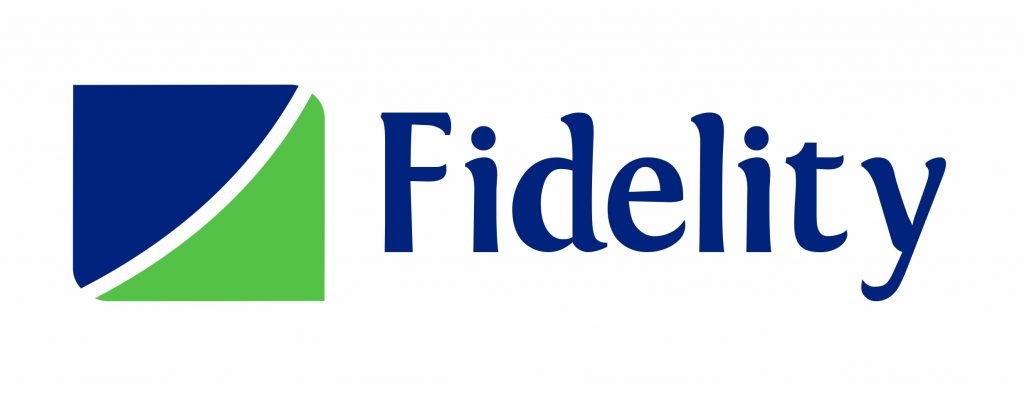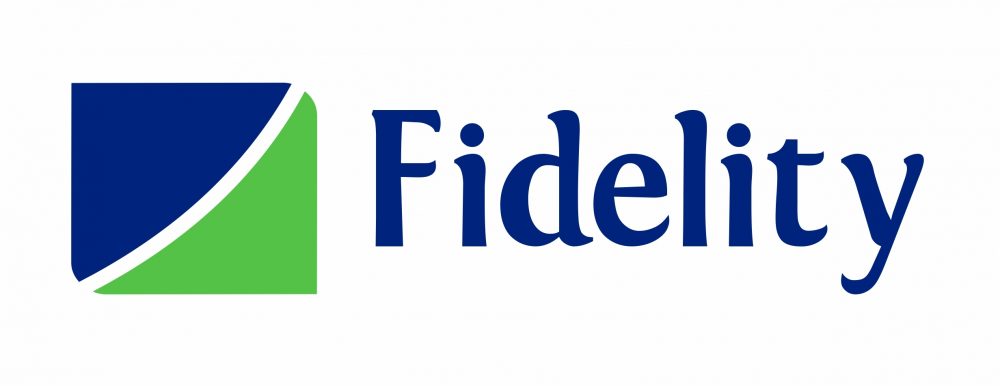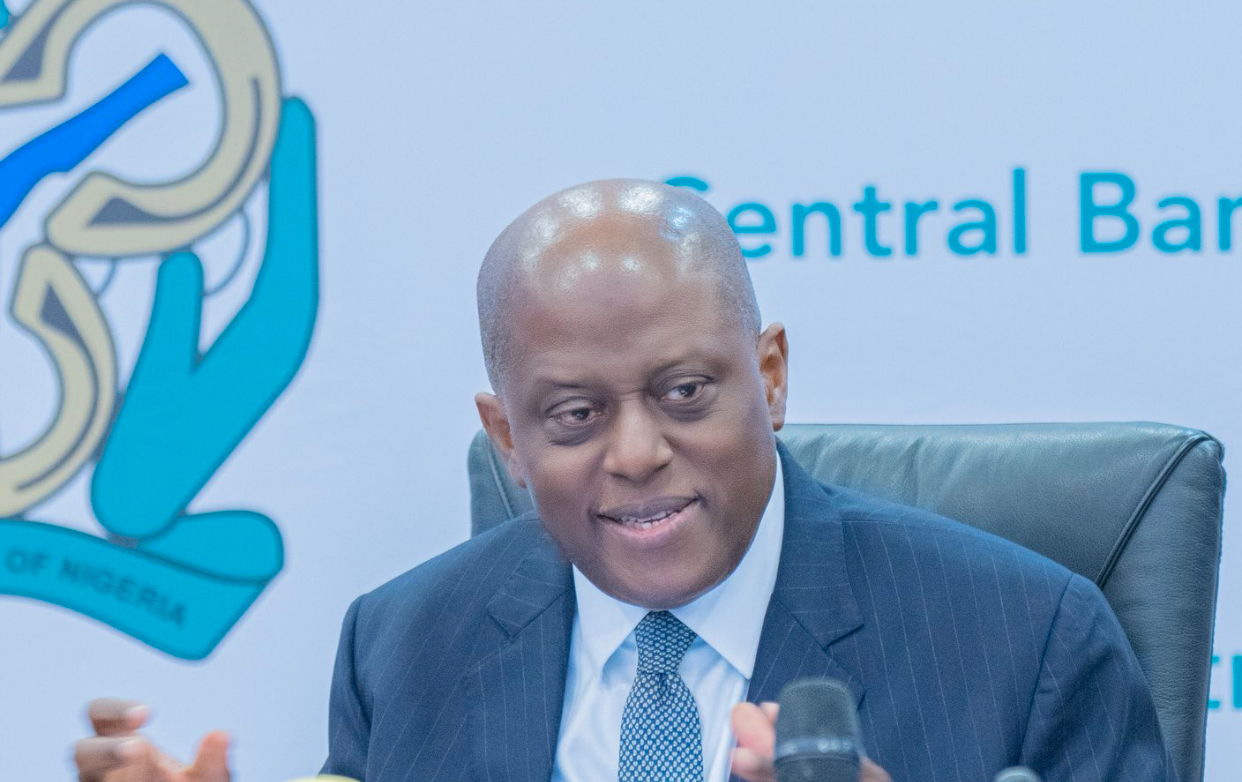Top Nigerian lender, Fidelity Bank Plc recorded a strong financial performance in the first quarter of 2021, posting appreciable growth in profits for the period ended 31 March 2021.
According to unaudited results released at the Nigerian Stock Exchange (NSE), profit-before-tax (PBT) grew by 53.9 per cent from N6.6 billion in 2020 to N10.1 billion for the corresponding period of March 31, 2021.
Similarly, net revenue in the period increased by 13.4 per cent from N30.3 billion in the first quarter of 2020 to N34.4 billion in 2021, just as the bank recorded growth in other performance indices.
Commenting on the results, Mrs Nneka Onyeali-Ikpe, the Managing Director/CEO of Fidelity Bank, described it as an impressive showing.

“We commenced the year showing impressive double-digit growth in profitability and improved performance across key efficiency indices whilst ensuring our business model continued to deliver strong positive results in line with our guidance for the 2021 financial year.
“Gross Earnings increased by 7.7% YoY to N55.1bn on account of 66.7% growth in non-interest revenue to N12.1bn from N7.2bn in Q1 2020. In absolute terms, the increase in NIR came from FX related income, digital banking income and account maintenance charge etc. as total customers’ induced transactions across all our service channels increased by 30.4% YoY and 17.1% QoQ.
“Net Interest Margin remained unchanged at 6.3% compared to 2020FY as the drop in average funding cost offset the decline in average yields on earning assets. Average funding cost dropped to 2.5% from 3.6% in 2020FY due to a combination of improved deposit mix and a slight moderation in average borrowing cost.
“This led to 26.2% decline in total interest expenses, which translated to 17.1% increase in net interest income to N28.8bn despite a 4.3% increase in interest bearing liabilities. We refinanced our 7-Yr N30.0bn Tier II Bonds issued in 2015 at 16.48% p.a. with cheaper 10-Yr N41.2bn Tier II Bonds priced at 8.5% p.a., which led to a 61bpts drop in average borrowing cost to 4.5%.
“Operating Expenses increased by N1.3bn (6.2%) to N23.0bn largely driven by N4.3bn growth in regulatory charges (NDIC & AMCON Charges). Excluding the increase in regulatory charges, total operating expenses would have dropped by 13.8% (6.1% QoQ) to N18.6bn from N21.6bn in Q1 2020 (Q4 2020: N19.8bn).
“Total deposits increased by 3.1% YTD to N1,751.3bn from N1,699.0bn in 2020FY, driven by 5.5% increase in low cost deposits (Demand: 6.2% | Savings: 4.1%).
“Foreign currency deposits increased by 15.7% YTD (N46.9bn) and now accounts for 19.7% of total deposits from 17.5% in 2020FY, as we harness the benefits of our renewed drive in Diaspora Banking as well as the recent CBN Naira-for-Dollar Incentive Scheme for diaspora remittances to Nigeria,’’ she said.
“We are committed to sustaining our growth trajectory and achieving the long-term strategic aspirations of the Bank as we look forward to delivering another set of good results in the next quarter.’’
Retail Banking continued to deliver impressive results as savings deposits increased by 4.1% YTD to N441.6bn and we are on course to achieving the 9th consecutive year of double-digit growth in savings deposits.
Savings deposits was responsible for 32.9% of the absolute growth in total deposits and now accounts for 25.2% of total deposits compared to 25.0% in 2020.
Net loans and advances increased by 7.6% YTD to N1,426.3bn from N1,326.1bn in 2020 financial year. However, the actual growth was 6.8% while the impact of the currency adjustment (2020FY: N400.3/$ – Q1 2021: N407.6/$) accounted for a 0.8% YTD growth in the loan book. Cost of risk came in at 0.4% and the NPL ratio dropped to 3.6% from 3.8% in 2020 financial year.
Other regulatory ratios remained above the required thresholds with liquidity ratio at 33.9% and capital adequacy ratio (CAR) at 18.4% from 18.2% in 2020 financial year.

Fidelity Bank is a full-fledged commercial bank operating in Nigeria, with over 6 million customers who are serviced across its 240 business offices and various other digital banking channels.
The bank has in recent times won accolades as the Best SME Friendly Bank, Best in Mobile Banking and the Most Improved Corporate/Investment Bank among several industry awards and recognitions. The bank was also ranked the 4th Best Bank in the Retail Banking Segment in the 2017 Banking Industry Satisfaction Survey conducted by KPMG.
Focused on select niche corporate banking sectors as well as Micro Small and Medium Enterprises (MSMEs), Fidelity Bank is rapidly implementing a digital based retail banking strategy which has resulted in an exponential growth in savings deposits over the last 3 years and a corresponding surge in customer enrollment on the bank’s flagship mobile/internet banking products.
READ ALSO: Fidelity Bank announces sweeping directorate, executive management positions as incumbents retire























Leave a comment